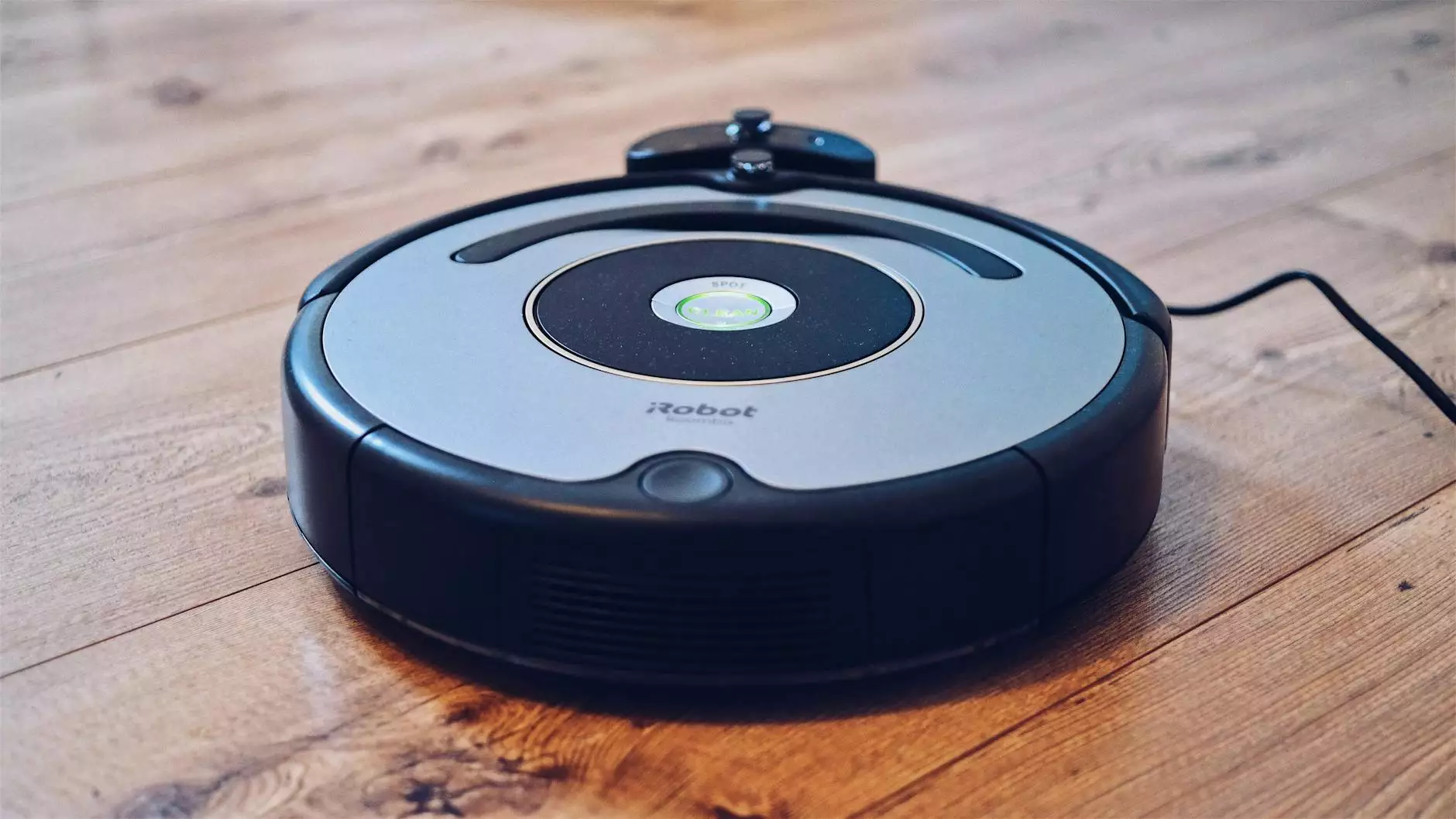Understanding Industrial Vacuum Systems Parts

Industrial vacuum systems are crucial in various sectors, from manufacturing to maintenance, ensuring clean environments and efficient processes. The effectiveness of these systems largely depends on their parts and components, which collectively determine their operational efficiency. In this comprehensive article, we will explore the industrial vacuum systems parts, their functions, and tips for selecting the right components to optimize your systems for superior performance.
The Importance of Industrial Vacuum Systems in Business
Industrial vacuum systems are not just about cleanliness; they are integral to maintaining the operational efficiency of many businesses. From dealing with hazardous materials to improving air quality, these systems play a significant role in various industries, including:
- Manufacturing: Removing debris and dust to ensure product quality and worker safety.
- Food Processing: Maintaining hygiene standards and preventing contamination.
- Construction: Managing dust and debris for a safer work environment.
- Automotive: Ensuring clean environments for assembly and repairs.
- Pharmaceuticals: Guaranteeing strict cleanliness and contamination controls.
Overview of Industrial Vacuum System Parts
Every successful industrial vacuum system comprises several critical parts that work in unison. Understanding these components will help you maintain and optimize your systems effectively. Here's a closer look at the essential industrial vacuum systems parts:
1. Vacuum Pump
The heart of any industrial vacuum system is the vacuum pump. This vital component creates the vacuum necessary for material collection. There are various types of vacuum pumps, including:
- Positive Displacement Pumps: Effective for high vacuum levels, ideal for solid and liquid materials.
- Dynamic Pumps: Best for continuous operation and efficient in gas handling.
When selecting a vacuum pump, consider factors such as flow rate, power consumption, and maintenance requirements.
2. Filtration System
A robust filtration system is essential to ensure that the air being released back into the environment is free from particles and contaminants. There are different types of filters used in industrial vacuum systems:
- HEPA Filters: High-Efficiency Particulate Air filters that trap over 99.97% of particles.
- Cartridge Filters: Effective for large volumes of dust and debris.
- Bag Filters: Useful for bulk material collection.
Regularly monitoring and replacing filters can prevent clogs and maintain optimal air quality.
3. Collection Tanks
The collection tank is where the extracted material is stored. Depending on the application, these can be dry or wet tanks. Key considerations for selection include:
- Capacity: Ensure the tank can handle your operational volume.
- Material: Tanks made from durable materials resist corrosion and wear.
4. Hoses and Connectors
The hoses and connectors are vital in transporting debris from the source to the collection tank. They must be durable, flexible, and appropriately sized to prevent blockages. Common materials used include:
- Rubber: Provides flexibility and durability.
- Polyurethane: Known for its abrasion resistance.
Choosing the right hose is crucial depending on the type of materials being collected.
5. Control System
The control system manages the operation of the vacuum, typically through a series of sensors and programmable logic controllers (PLCs). This system is essential for:
- Monitoring Performance: Ensuring the pump operates within optimal parameters.
- Automating Functions: Such as starting and stopping the system based on demand.
Choosing the Right Industrial Vacuum Systems Parts
Selecting the right parts for your industrial vacuum system is essential for ensuring performance and longevity. Here are some tips to guide you through the selection process:
1. Assess Your Needs
Evaluate the specific requirements of your operation. Consider the volume of debris, the type of materials being processed, and the intended application to identify the best components.
2. Quality Over Cost
While it may be tempting to choose the cheapest parts, investing in high-quality components can save you money in the long run. Durable parts reduce maintenance costs and downtime.
3. Consult Professionals
Engaging with industry experts or consulting manufacturers can provide valuable insights into which components are best suited for your industrial vacuum system.
4. Keep Maintenance in Mind
Choose parts that are not only effective but also easy to maintain. Systems that require less frequent servicing can significantly enhance operational efficiency.
Maintaining Your Industrial Vacuum Systems Parts
Regular maintenance of industrial vacuum systems parts ensures optimal performance and extends their lifespan. Here are several maintenance tips:
1. Regular Inspections
Conduct regular inspections to identify wear and tear on components. Early detection of issues can prevent costly breakdowns.
2. Cleaning and Replacement
Keep filters and hoses clean and replace them as needed to prevent clogs and ensure airflow efficiency. Maintenance schedules should be based on the manufacturer’s recommendations.
3. Lubrication
Components such as motor bearings may require regular lubrication. Follow manufacturer guidelines to avoid operational failures.
4. Document Maintenance Activities
Keep a log of maintenance activities performed, including inspections, replacements, and repairs. This documentation is invaluable for tracking system performance over time and can help diagnose issues faster.
Conclusion
Understanding and effectively managing industrial vacuum systems parts is crucial for any business that relies on these systems for operational efficiency. By focusing on quality components, regular maintenance, and expert advice, businesses can ensure they are using the best systems possible to maintain cleanliness and safety in their environments. Whether in manufacturing, automotive, or food processing, ensuring that your industrial vacuum system is equipped with the right parts can lead to greater productivity and lower operational costs.
Contact Us
For more information on high-quality industrial vacuum systems parts, visit tmm.com.tr and explore our comprehensive solutions to keep your business running efficiently.









